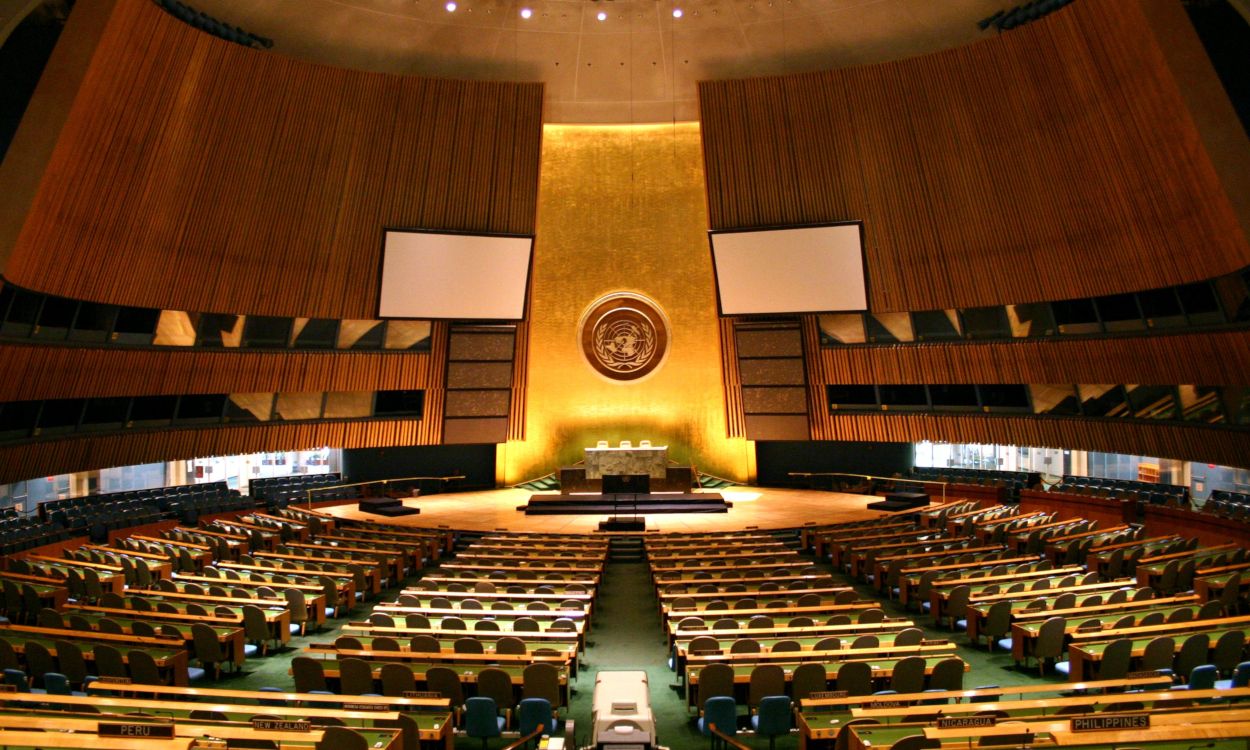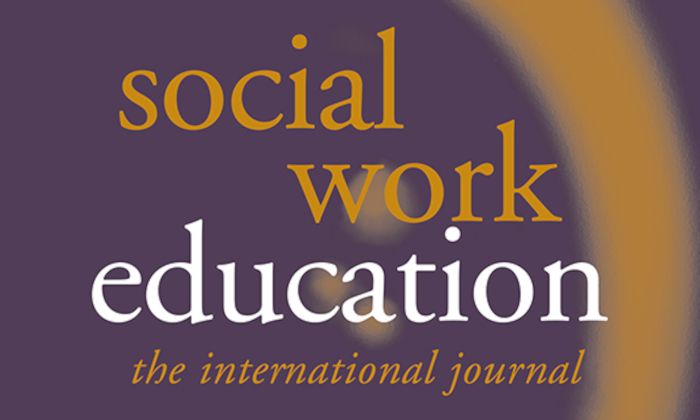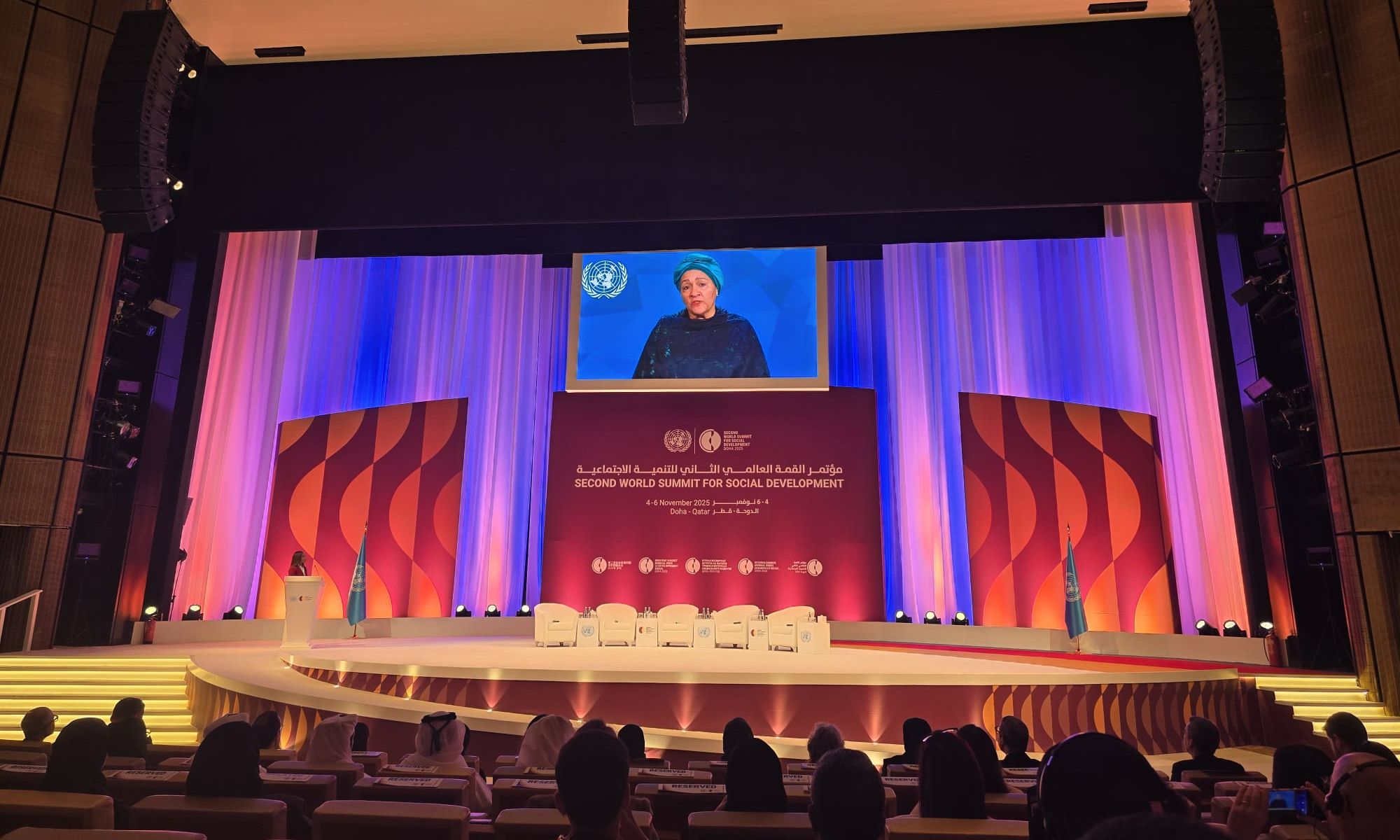2022 SWESD World Conference SEOUL

OVERVIEW OF THE CONFERENCE
Title: Joint World Conference On Social Work Education and Social Development 2022
Theme: Redefining Social Policy and Social Work Practice in A Post-Pandemic Society: Social Welfare Programs and Social Work Education at A Crossroads
Date: October 26-28, 2022
Method: Largely Online with Partial Offline Events for Opening and Closing Ceremonies
Official Language: English
Organized by: ICSW, IASSW and KNCSW
Abstract:
Due to the outbreak of COVID-19 all around the world, we are now facing newly emerging social problems and social demands. Inequality, exclusion, discrimination, global unemployment and food insecurity has been intensified, and it is expected to be increased even more as the COVID-19 pandemic continues for over two years. Considering the changing environment of the global society, the title for 2022 SWESD conference is “Redefining social policy and social work practice in a post-pandemic society: Social welfare programs and social work education at a crossroads.” In the face of the pandemic era caused by COVID-19, and in preparation for a post-pandemic society, we would like to discuss what new social problems are emerging and what political, educational and practical strategies social workers, social work educators and social welfare institutions should establish to solve sodial problems and social demands of citizens.
Both the International Association of Schools of Social Work (IASSW) and International Council on Social Welfare (ICSW), have played a vital role in promoting social welfare over the past 93 years as international organizations in the field of social welfare and social work. The priority areas of IASSW are social work education, research and scholarship, and various activities have been carried out at the regional, national and international levels to strengthen social work education, promote skills and strategies, strengthen exchanges and cooperation among social work educators, as well as to create a just society. ICSW mainly focuses on social development, social welfare and sodial justice advocacy, knowledge-building and empowerment to help vulnerable groups cope with risks and challenges, and to advocate for policies and programs to balance social and economic goals. The current situation of the COVID-19 pandemic leaves us with the responsibility as international organizations to address and advocate around emerging social problems.
The COVID-19 pandemic period last longer than anticipated, and the longer it remains amongst us, the more we need to prepare for the post-COVID19 society. Through this event, various fields of social policy, social work education and social welfare practice will be dealt with. We also intend to provide a discussion forum for policy makers, social work educators, sodal workers and scholars all around the world to examine the elements necessary to prepare for a post-pandemic society and to discuss strategies and capabilities to achieve a well-prepared post-pandemic society.
CALL FOR ABSTRACTS
The SWESD 2022 Organizing Committee is pleased to announce the Call for Abstracts for the JOINT WORLD CONFERENCE ON SOCIAL WORK EDUCATION AND SOCIAL DEVELOPMENT: REDEFINING SOCIAL POLICY AND SOCIAL WORK PRACTICE IN A POST-PANDEMIC SOCIETY: SOCIAL WELFARE PROGRAMS AND SOCIAL WORK EDUCATION AT A CROSSROADS.
Authors are warmly invited to submit abstracts for Oral, Symposium, Workshop, and Poster presentations and invites both traditional papers and innovative contributions of various kind.
Each registered author may submit a maximum of 2 abstracts. Authors need to be clear to indicate which type of presentation their abstracts will fit in.
PRESENTATION TYPES:
- Oral Presentation
- Oral in Workshop - Oral presentation with audience interaction.
- Oral in Symposium - Oral presentation with 2 or more co-authors per abstract. The abstract should describe the title, the main purpose of the symposium and 2 or more presentation contents, each with the name of the author. ONLY the coordinator of the symposium must submit the abstract entering all the names of the authors.
- Poster
Language of presentation: The abstract should be presented in English. All abstracts will be reviewed by the International Scientific Committee who will grade them for inclusion at the Conference. Submissions will be selected through a peer review panel on the basis of scientific merit and relevance of findings.
Call for Abstracts: March 2022
Call for Abstracts closes: 30th June 2022
Notification of Abstract acceptance: 31th July 2022
Submission of Presentation Material closes: 31th August 2022
Details will be announced on the official website of the conference shortly, and you may submit your abstracts via the official website. The official website will be opened to the public in March.
For more information, please visit www.swesd2022.com
If there is any inquiry, please contact at
SUB-THEMES FOR PRESENTATION
1. Groups in vulnerable situations: the quest for social protection
- Older persons
- Persons with disabilities
- Childrens and adoloescents
- Women and girls
- Migrants, refugees and asylum-seekers
- Homeless people
- People in rural areas
2. Social Work Education and Empowerment
- Human rights and social justice
- Building core competencies, newer skills and global standards for social work education
- Ethical principles in the digital era
- Sustainable development and social work education
3. Social Work Practice in the time of Crises
- Hunger and Food Insecurity
- Reaching those most likely to be left behind
- Applying psycho-social knowledge and skills
- Job crisis, informal and vulnerable employment
- Public Health crisis, Welfare and Vulnerable Populations
- Addressing climate change and strengthening disaster preparedness
4. Social Transformation Community Engagement and SDGs
- Changing roles of families and households
- Innovations in Community interventions
- Contribution of Social Work towards fulfilment of SDGs
5. Digitalization and ICTs in Social Development and social work education
- Closing the digital divide for education and service delivery
- Key opportunities and risks of the digital transformation for people’s well-being
- The use of ICTs in professional practice and its consequences for the future work of social workers
- Digitalisation of Social Work and importance of Human Relationships
6. New Opportunities and Challenges in Post-COVID Period
- Overcoming neo-liberal legacy
- Towards Universal Social Protection
- Policy initiatives to address inequalities
- Youth and intergenerational issues
- Role of civil society organisations
- Building back better: Looking for ways forward






